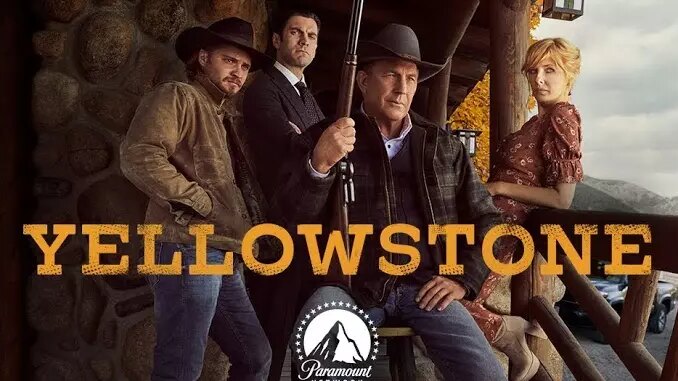
The Dust Settles, the Anger Rises: Kevin Costner's Departure and the Yellowstone Rebellion
The vast, rugged landscape of Montana has become synonymous with power, family, and the relentless struggle for survival, thanks to the runaway success of "Yellowstone." But lately, the drama unfolding off-screen has rivaled even the most gripping storylines of the Dutton family saga. Kevin Costner, the stoic patriarch John Dutton III, has exited the show, leaving a trail of scorched earth in his wake – and sparking a fiery backlash from a fanbase as loyal and fiercely protective as the Duttons themselves.
The reasons behind Costner's departure remain shrouded in a fog of he-said-she-said accusations, fueled by whispers of conflicting schedules, creative differences, and demands for more time dedicated to his own passion project, the multi-part western epic "Horizon: An American Saga." While the exact truth may never be fully revealed, one thing is clear: the fallout has been explosive.
The initial reaction was disbelief. How could "Yellowstone," a show so intrinsically linked to Costner's presence, continue without its central figure? John Dutton was more than just a character; he was the embodiment of the show's themes, the bedrock of its moral compass, and the stoic glue holding the dysfunctional Dutton clan together. His weathered face, his gravelly voice, and his unwavering commitment to protecting his family and his land resonated deeply with audiences. To imagine "Yellowstone" without him felt like removing the keystone from a crucial arch.
This disbelief quickly morphed into anger, directed at various targets. Some pointed the finger at Paramount, accusing the network of prioritizing profits over artistic integrity and failing to accommodate Costner's needs. Others blamed Costner himself, branding him selfish and accusing him of abandoning the show that revitalized his career. Social media platforms became battlegrounds, with fans dissecting every rumor, analyzing every statement, and unleashing their frustrations in a torrent of online fury. Hashtags like #SaveYellowstone and #NoJohnNoYellowstone trended for weeks, transforming the internet into a digital protest ground.
The backlash wasn't just about losing a beloved actor. It was about feeling betrayed, cheated out of a satisfying conclusion to a story they had invested years in. For many, "Yellowstone" was more than just entertainment; it was a connection to a simpler, more authentic way of life, a vicarious escape from the complexities of the modern world. The Duttons, despite their flaws, represented a fierce loyalty and a commitment to family values that resonated deeply with viewers. To see the show's linchpin removed in such a tumultuous fashion felt like a violation of that connection, a broken promise to its loyal audience.
Moreover, the controversy surrounding Costner's exit highlighted the precarious nature of television, where creative visions can clash, egos can collide, and the desires of actors and studios often diverge. It served as a stark reminder that even the most successful shows are susceptible to behind-the-scenes drama, and that the entertainment we consume is often the product of complex and sometimes contentious negotiations.
The long-term consequences of Costner's departure remain to be seen. While "Yellowstone" may limp towards a planned conclusion, its future beyond that point is uncertain. The fan backlash, however, serves as a powerful testament to the impact of the show and the importance of its lead actor. It underscores the deep emotional connection that viewers forge with characters and stories, and the sense of ownership they feel over the narratives they love.
Ultimately, the saga of Kevin Costner and "Yellowstone" is a cautionary tale about the delicate balance between creative ambition, contractual obligations, and the unwavering expectations of a passionate fanbase. As the dust settles and the sun sets on the Dutton Ranch, the echoes of the fan rebellion will undoubtedly linger, a reminder of the power of audience devotion and the enduring legacy of a show that captured the imagination of millions.
